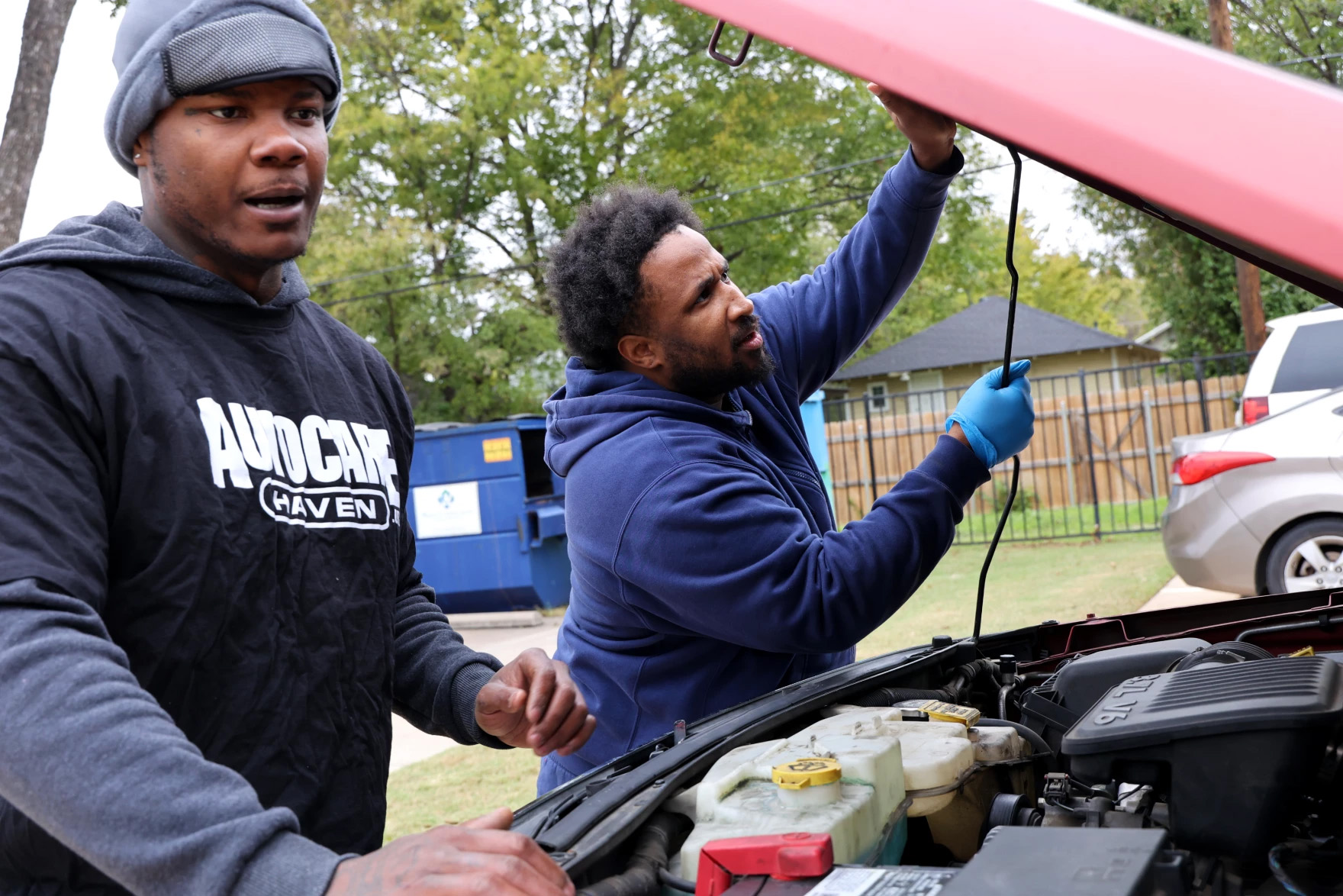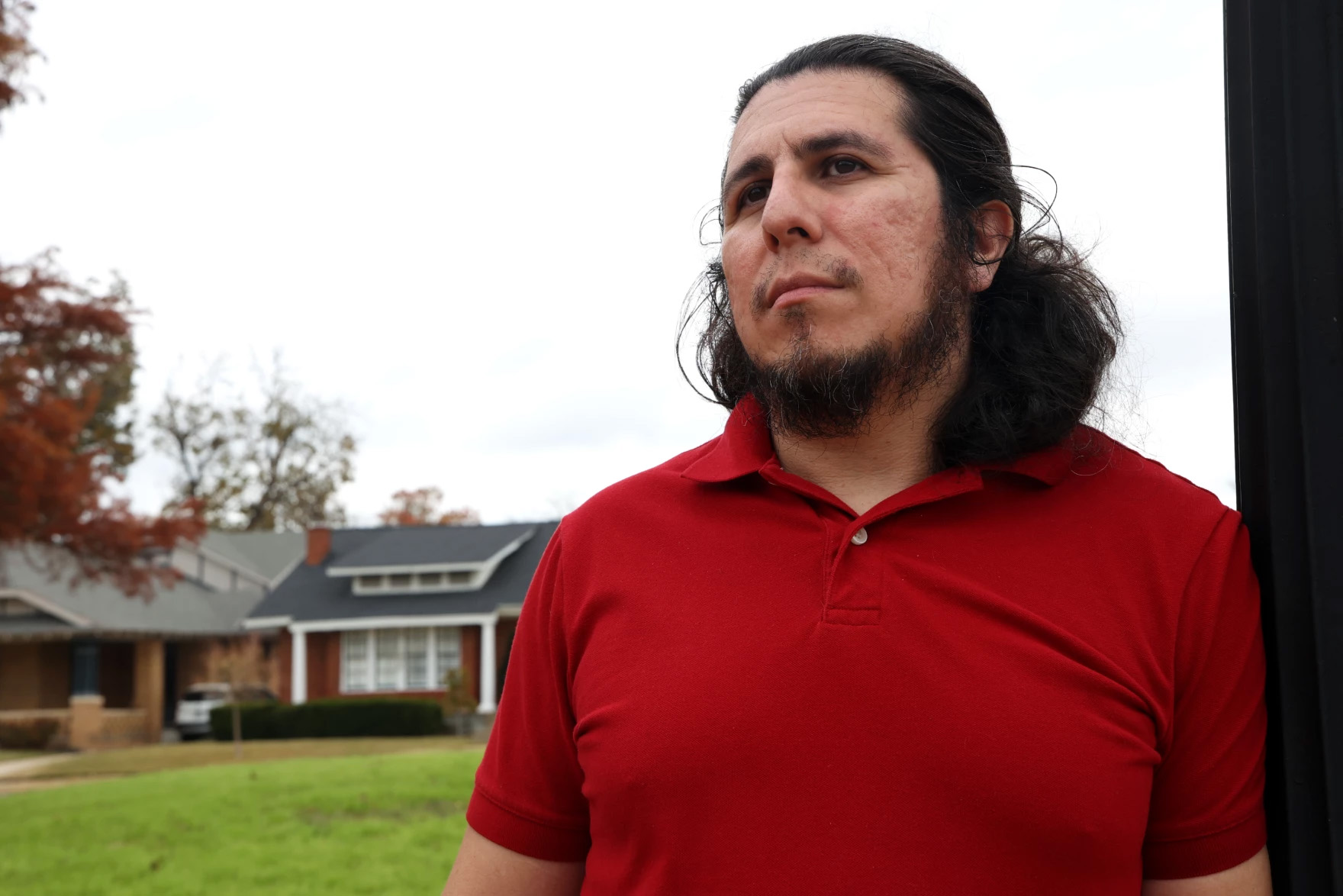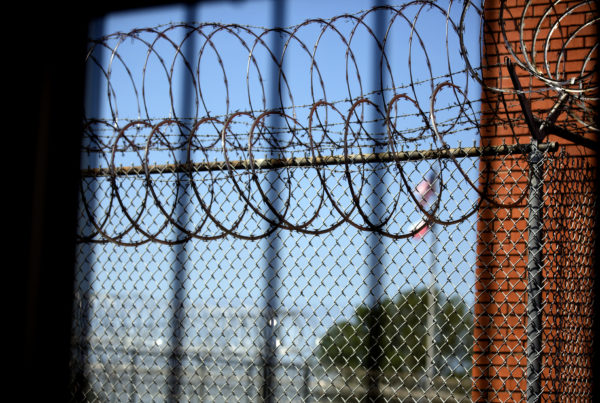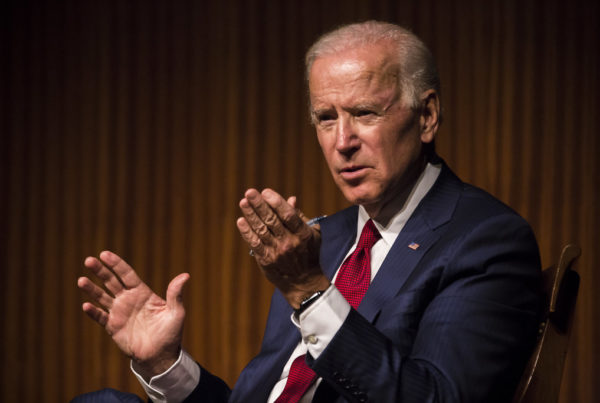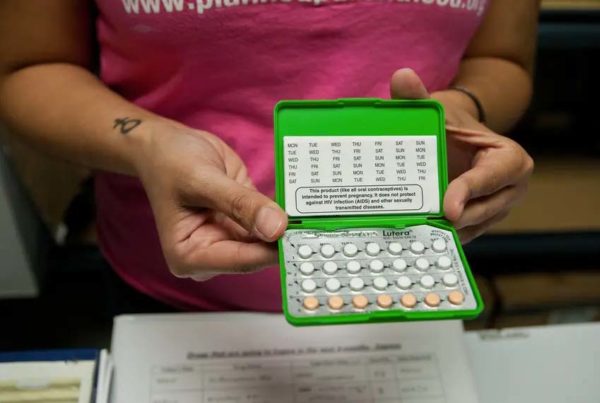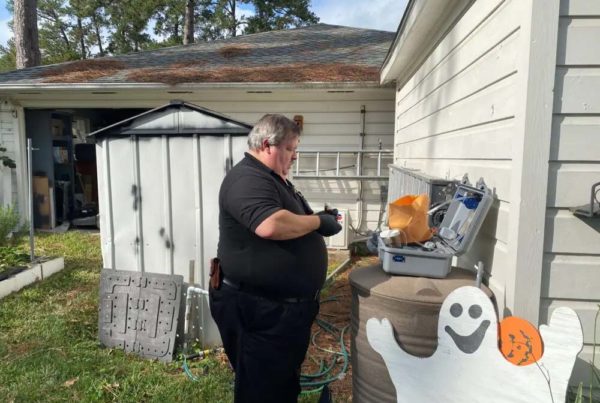From KERA:
About a decade ago, Manuel Tellez’s pickup truck was in bad shape. The 2002 Dodge Ram 1500 was constantly overheating.
“It was just one thing after another, and I didn’t have any money to get it repaired. And what I did is I went to a payday lender to take out a loan,” Tellez said.
Tellez knew the loan was a raw deal, but he needed a working truck to keep working. While the truck got fixed, the financial damage was rough: After he was done paying off the loan and all the fees and interest, Tellez said it cost him over $7,000 dollars to borrow a bit over $1,000.
When he’d wait in line to make his payments, he realized he wasn’t the only one paying dearly to keep a vehicle in working order.
“A lot of folks would come in to take out payday loans to pay for an auto repair. And that got me thinking, is there anyone, any organization in North Texas that can help people who need this kind of help?” Tellez said. “And the answer was no, there really wasn’t.”
The idea lodged in his head for years. He started talking to friends, explored what it would take to launch such a charity. He formed a board, applied for nonprofit status and in 2018, Tellez launched the new nonprofit.
It’s called Autocare Haven, and the mission is simple: Fix the vehicles of low-income drivers in the Dallas-Fort Worth region who can’t afford repairs.
“If your vehicle goes down, especially … if you’re living paycheck to paycheck, you’re usually just kind of in despair. You’ve got no way to get to work in order to make money to pay rent, or even get to the grocery store to eat, or get your kids to school or get to the doctor’s office or just function,” Tellez said.
‘Providing hope’
More than half of Dallas residents were living paycheck to paycheck in 2019, according to research from the financial services firm Charles Schwab. That was before inflation outpaced wage gains during the pandemic — the price of groceries grew faster than wages increased — leading to what the Federal Reserve Bank of Dallas has called an “unparalleled period of declining wages.”
There are also nonprofits or government programs that will help pay for car repairs for specific groups, like veterans or employed young adults, but their offerings are limited. Some nonprofits and banks offer low-cost small loans — payday loan alternatives, basically — that can be used to finance emergency repairs. But those still require a borrower to pay them back, adding another bill to already stretched budgets.
Tellez said too many people can’t afford the repairs they need to keep their car running — and they can’t afford not to have a running car.
“Even though what we’re doing is offering free vehicle repairs, that’s not really what we’re providing,” Tellez said. “What we’re really providing is hope.”
Still, Autocare Haven is a small operation — Tellez still runs it on top of his full-time marketing job — and the group has had to toggle its application portal off and on from time to time because needs can overwhelm the tiny charity’s capacity.
So far, it’s fixed about 30 vehicles. The group has also provided automotive fluids for another 155 vehicles at pop up “top off” events around Dallas. In 2023, Tellez hopes to pick up the pace of repairs and fix up to 72 vehicles.


